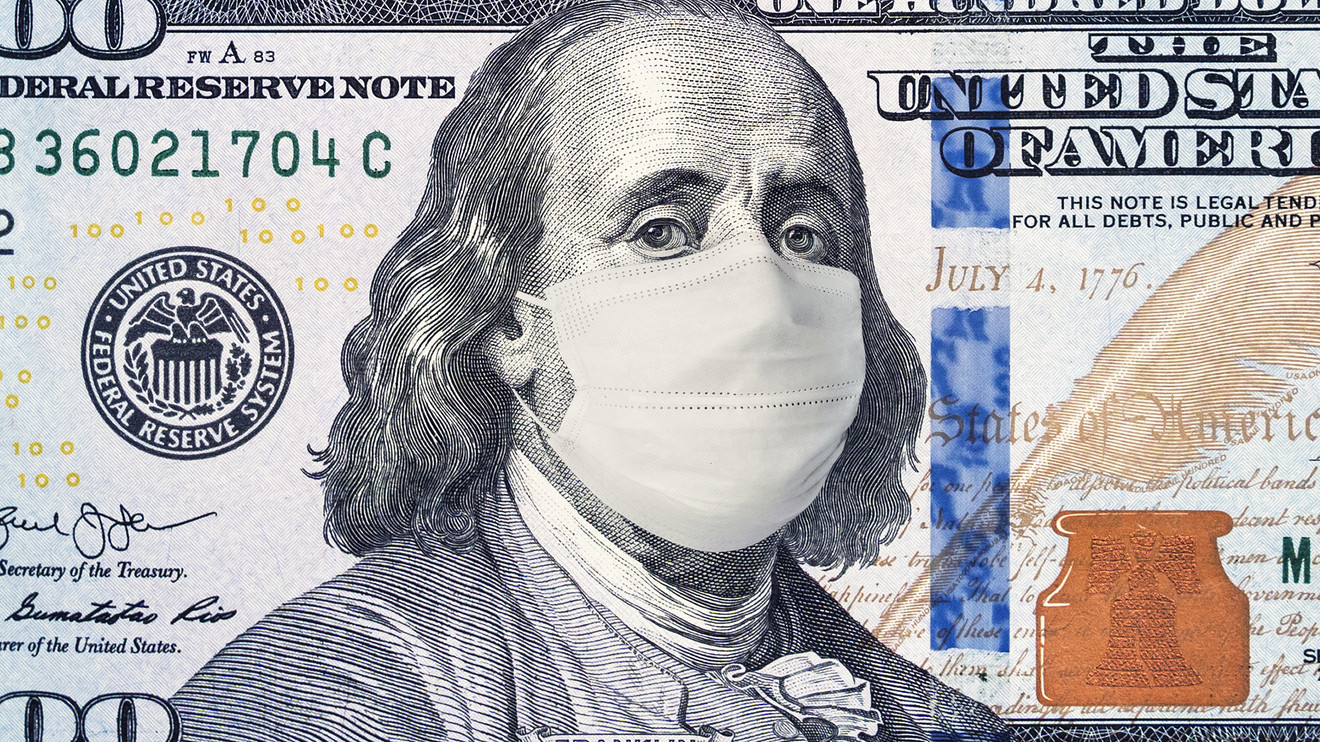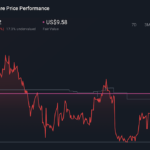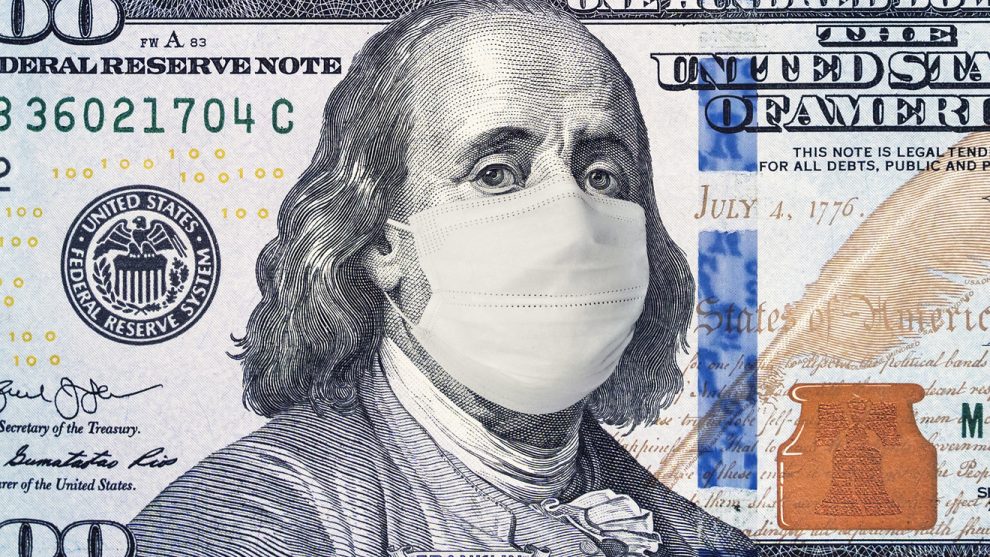
Coronavirus-related scams are threatening unsuspecting investors, especially seniors or others living in isolation. Through mid-April, the Federal Trade Commission received 18,235 reports related to COVID-19 scams, with reported fraud losses totaling $13.44 million.
With many people relying on stimulus payments from the federal government and using the internet more frequently for shopping and other transactions, a request for private information can be difficult to spot as a fake.
“As unemployment numbers rise and household finances become more desperate, Americans are naturally becoming more vulnerable to scams,” said Jack Gillis, executive director of the Consumer Federation of America in Washington, D.C. “Financial desperation can lead to very bad choices and the fraudsters are standing by ready to take advantage of our susceptibility.”
For example: A seemingly real online application form for a phony job opportunity or government payment might fool respondents into disclosing their Social Security number, bank account and birthday. This opens the door to identity theft.
In another type of text-message ruse, an unfamiliar but official-sounding sender claims that you came into contact with an individual who tested positive for Covid-19 — and you must click on a link for more information.
Business owners are being ensnared as well. Ariel Schur, chief executive of a New York City-based staffing firm, discovered that a fraudster was texting job seekers inviting them to click on a link to apply for a “part-time personal assistant” position paying $30/hour with no experience needed. They were then prompted to enter personal data. “The texts referred to a fake website which used my actual company’s name and logo,” she said. “Given the current climate, people are more desperate for work and fall for this scam.”
For small-business owners eager to secure emergency funding, scammers are dangling coronavirus-related loans. But in order to secure the “loan,” business owners must pay an upfront fee.
“What makes these offers so insidious is they’re based in reality,” said Lauren Hall, a national priorities policy advocate at Consumer Action, a San Francisco-based consumer education center. “The scammers know to associate the money with the billions in government funds being distributed through the recently passed CARES Act.”
Hall urges business owners to alert their employees not to respond to unsolicited emails or calls, and never open email attachments. Instead, start from scratch by searching and finding the real website on your own, whether it’s the IRS, a bank or an e-commerce company— what Hall calls the “you find them, don’t let them find you” fraud prevention strategy.
“ The government never initiates calls to ask for money or personal data. ”
People stuck at home give opportunistic scammers a big target. A scam artist might play the role of a sick relative calling from a hospital and infected with the coronavirus. They want money to pay for their care. “Isolation is a big cause of people falling for scams, especially with no one checking up on them,” Hall said. “We’ve seen callers befriend [lonely people] and share their concerns” before luring them to wire money or divulge personal information.
Lone investors, restless at home, can also fall for so-called pump-and-dump investment schemes where they’re pressured to buy an obscure stock that promises to have a COVID-19 cure.
“These scams are particularly popular now due to the public’s high hopes for better tests or a vaccine,” Hall said. “People get very excited when they think they’re investing in the next big thing or in something rare and valuable, and rush to be the first ones to buy low.”
To educate clients to combat fraud, financial advisers should emphasize that the government never initiates calls to ask for money or personal data. Any if you’re asked for pay for anything via money transfer services or loading cash onto a gift card, don’t.
Steve Roge, an investment adviser in Ipswich, Mass., recently received a call from a client who wanted to invest about $10,000 in a dubious penny stock that supposedly was about to release a game-changing coronavirus treatment. The client wasn’t seeking Roge’s opinion; he simply instructed his adviser to execute the trade.
“When a client is that excited, all you can do is ask questions so that they start to have doubts about their lack of knowledge,” he said. “I suggested we do a Google search to look at its corporate structure, and we saw that it was a shell corporation.” Roge eventually guided the client to decide on his own to forgo the investment.
Read: Social Security scams and other frauds are spiking during the pandemic
More:Coronavirus unleashes wave of fraud in U.S. amid fear and scarcity








